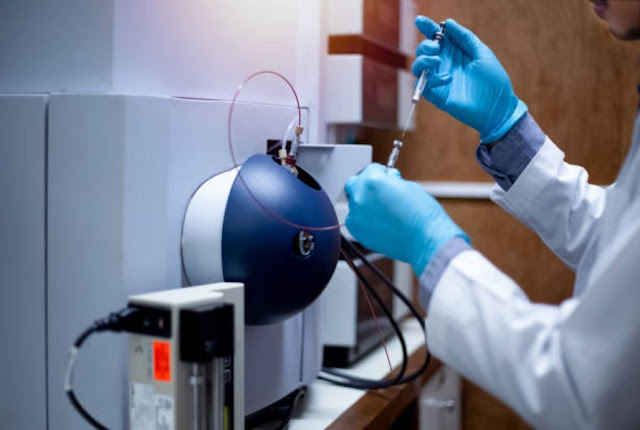Technology

Technology has become integral to our modern lives, revolutionizing how we work, communicate, learn, and entertain ourselves. It encompasses a wide range of tools, systems, and processes that utilize scientific knowledge and engineering principles to create practical solutions to human problems. From the advent of fire and the wheel to the digital age, technology has continually evolved, shaping societies and driving progress.
One of the most significant high-tech advancements is the
rise of digital computing. Computers have transformed the world, enabling
complex calculations, data storage, and high-speed communication. They have
become smaller, faster, and more potent over the years, leading to exponential
growth in capabilities and applications. Today, computers are found in offices
and homes and in our pockets in the form of smartphones, tablets, and wearable
devices.
The internet is another groundbreaking technological
innovation that has profoundly impacted our lives. It has connected people from
all around the globe, allowing for instant communication and information
sharing on a massive scale. The Internet has revolutionized businesses,
education, healthcare, and entertainment, providing new opportunities and
transforming traditional industries.
Artificial Intelligence (AI) and Machine Scholarship are rapidly evolving technologies that aim to replicate human intelligence and decision-making capabilities. AI-powered arrangements can analyze vast amounts of data, recognize patterns, and make estimates or decisions without explicit human programming. This technology is being applied in countless fields, such as healthcare, finance, transportation, and customer service, to automate tasks, enhance efficiency, and provide valuable insights.
The Internet of Gears (IoT) is a grid of solid devices
embedded with sensors, software, and connectivity, qualifying them to collect
and exchange data. IoT devices range from smart home appliances and wearable
fitness trackers to industrial machinery and smart city infrastructure. The IoT
has the potential to transmute industries, improve resource management, and
enhance the quality of life by enabling real-time monitoring, automation, and
intelligent decision-making.
Biotechnology and genetic engineering advancements have
opened up new frontiers in healthcare, agriculture, and environmental
conservation. Scientists can now manipulate DNA and create genetically modified
organisms to enhance crop yields, develop new medicines, and address
environmental challenges. Genetic testing and personalized medicine have also
become more accessible, allowing targeted treatments and improved patient
outcomes.
The rise of renewable energy knowhows, such as solar and wind power, has paved the way for a more sustainable future. These clean energy sources offer alternatives to fossil fuels, reducing greenhouse gas emissions and mitigating the effects of climate change. Innovative energy storage solutions, such as unconventional batteries, are also being developed to efficiently use renewable energy and support the evolution to a low-carbon economy.
In the field of transportation, technology has brought about
significant advancements. Electric vehicles are becoming increasingly popular,
offering a cleaner too more sustainable alternative to traditional
gasoline-powered cars. Autonomous vehicles, equipped with sensors and AI algorithms,
have the potential to transmute the way we travel, reducing accidents and
congestion while optimizing efficiency.
Technology has also revolutionized how we access and consume
information, entertainment, and media. Digital platforms and streaming services
have disrupted traditional media industries, providing on-demand access to
music, movies, TV shows, and news. Social media platforms have transformed
communication, enabling instant connection and global interaction.
However, as technology advances, addressing ethical, social,
and privacy concerns is essential. The rapid development of AI raises questions
about job displacement, algorithmic bias, and the ethical implications of
autonomous decision-making. Data privacy and security are critical
considerations as our lives become increasingly interconnected and reliant on
digital systems.
Conclusion
Technology has become an inseparable part of our daily lives, driving progress, innovation, and societal transformation. It has enhanced our capabilities, expanded our horizons, and connected us unimaginably.


